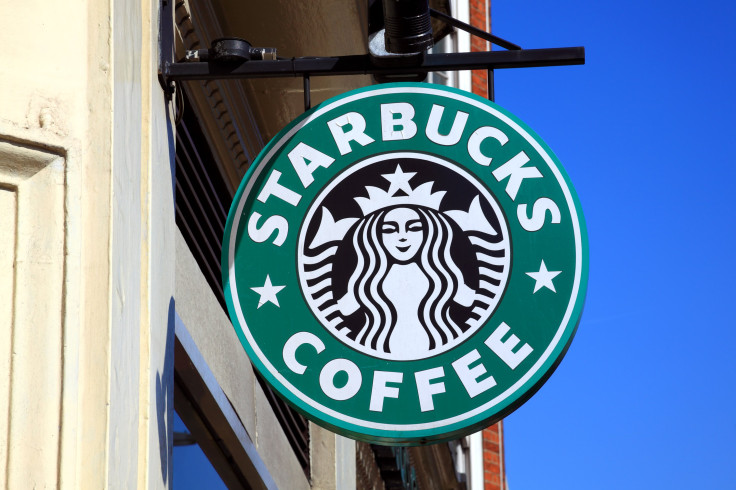Starbucks Bets on New Chinese Partner to Save Its Fading Empire in the World's Second-Largest Market
The coffee giant seeks to regain Chinese market share by ceding control to a local private equity firm.

Starbucks, the iconic American coffeehouse chain, is shifting its strategy in China as it faces mounting competition and waning customer loyalty. Once a symbol of luxury and aspirational lifestyle in China, the company is now seeking a fresh approach to reclaim its dominance in the world's second-largest economy.
On 3 November 2025, Starbucks announced it would enter into a joint venture with Boyu Capital, a prominent Chinese private equity firm. Under the deal, Starbucks will transfer majority control of its Chinese retail network—more than 8,000 outlets—to Boyu Capital, while retaining ownership of its brand and licensing rights. The company will hold a 40% stake in the joint venture, marking a significant shift from previous ownership structures.
A Decline in Customer Loyalty and Market Share
Over the past two years, Starbucks has struggled with declining same-store sales in China. The company's growth has been stymied by fierce competition from local startups, including the rising star Luckin Coffee, which has aggressively expanded its footprint and attracted younger consumers with innovative offerings and digital-first strategies.
Starbucks' market share has been steadily eroded, prompting the company to explore new ways to revitalise its presence. Prior to settling on Boyu Capital, Starbucks reportedly received interest from other potential partners and investors. The move signals a strategic pivot to leverage local expertise in a rapidly evolving market.
Ambitious Growth Plans
Brian Niccol, Starbucks' chairman and CEO, expressed optimism about the partnership, stating, 'We've found a partner who shares our commitment to a great partner experience and world-class customer service. Together, we will write the next chapter of Starbucks' storied history in China.'
Starbucks emphasises that Boyu Capital's deep understanding of Chinese consumers and local market dynamics will be a key asset. The joint venture aims to expand aggressively, with plans to open up to 20,000 coffeehouses across China over the coming years—an ambitious target that underscores the company's long-term growth ambitions.
Alex Wong, a partner at Boyu Capital, remarked, 'Together, we aim to combine Starbucks' global coffee leadership with Boyu's market insights to accelerate growth and create exceptional experiences for millions of customers.'
Valuation and Financial Outlook
Boyu Capital's 60% stake is valued at approximately $4 billion (£3.04 billion). Starbucks estimates its China retail business to be worth over $13 billion. The total enterprise value of the joint venture includes the retained interest, ongoing licensing fees payable to Starbucks, and the net present value (NPV) of future licensing revenue over the next decade and beyond.
Regulatory approvals are expected to be secured, with the partners aiming to finalise the joint venture in the second quarter of fiscal year 2026.
Latest Financial Results Reflect Challenges
For the fiscal year ending 28 September 2025, Starbucks reported total net revenues of $37.2 billion, an increase of 2.8% year-over-year. However, net earnings attributable to the company declined sharply by 50.6%, falling to $1.8 billion compared to the previous year.
The company saw a rare bright spot in its global comparable-store sales growth, which returned in the fourth quarter after seven consecutive quarters of decline. Cathy Smith, Starbucks' chief financial officer, highlighted that this milestone was driven largely by the company's 'Back to Starbucks' strategy, focusing on customer experience and operational efficiency.
Despite these positive signs, store openings in FY2025 slowed significantly—just 791 new outlets compared to 2,161 in the previous year—reflecting cautious expansion amidst economic uncertainties and intensifying competition.
Market Reaction and Future Outlook
Starbucks' announcement of the joint venture received limited market reaction, with its stock underperforming throughout 2025. Over the past three years, its share price has gained less than 3%. Nevertheless, the partnership with Boyu Capital could provide the catalyst needed for Starbucks to regain its footing in China.
By leveraging local insights and expanding its footprint with a partner who understands Chinese consumers, Starbucks aims to recapture lost market share and strengthen its position in a highly competitive landscape. The move signifies a strategic shift towards localisation and partnership-driven growth—an approach that could determine its future success in China's dynamic coffee market.
© Copyright IBTimes 2025. All rights reserved.





















